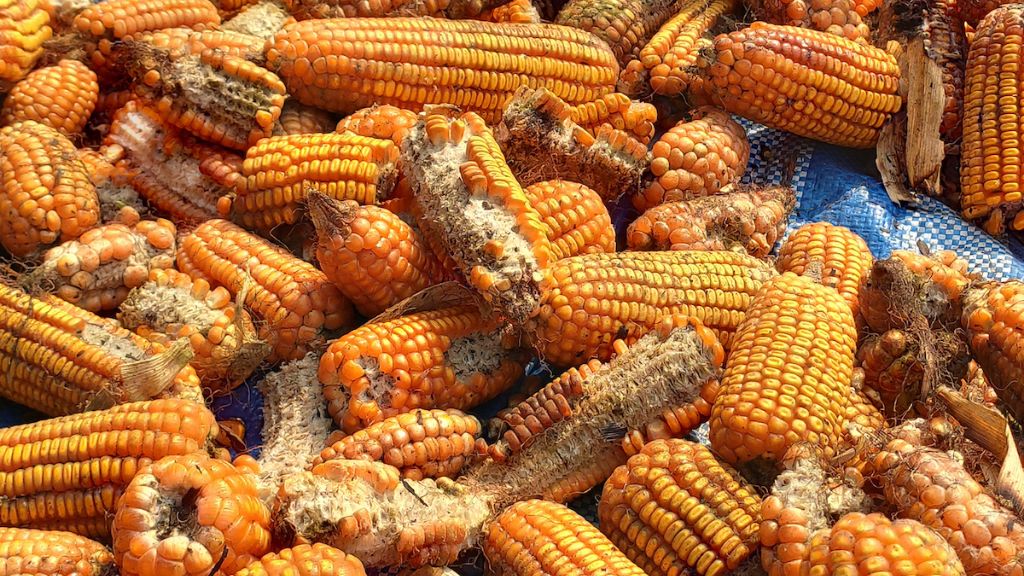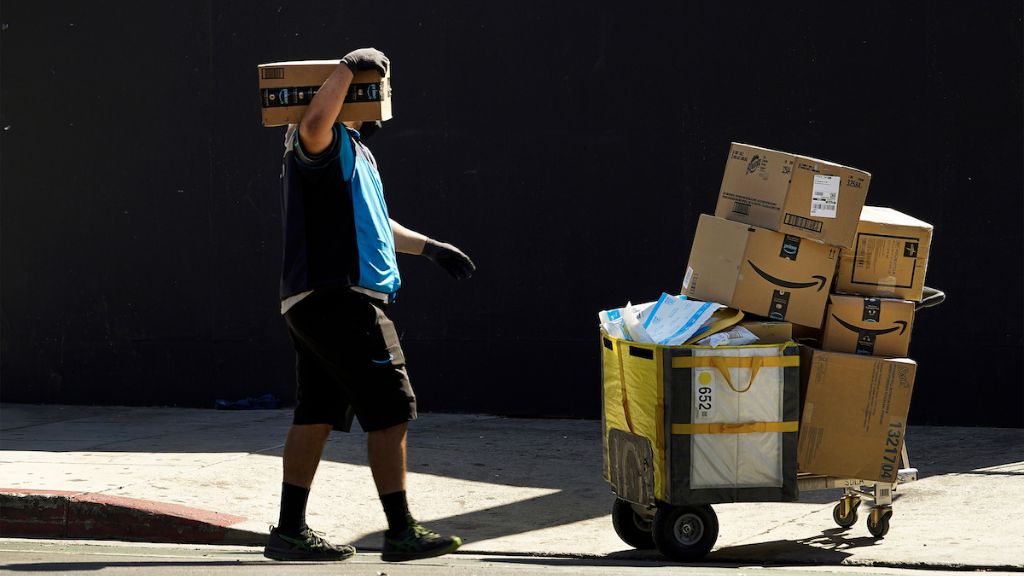|
Hair don''t care. Last weekend, North Carolina gave hair salons the green light to re-open, bringing grooming relief to thousands of residents who've had to resort to DIY hair cuts during the pandemic (corona-cuts, if you will). But there's a catch: One salon in Wilkesboro is turning away any clients who work at the nearby Tyson poultry processing facility, which has been linked to over 500 cases of Covid-19. "They're getting our food, but they won't service us," one woman who works at the facility complained to Huffington Post. The anger is understandable, but maybe the larger issue is that it's still not safe in some regions to re-open all businesses. After all, hair salons are vulnerable to spreading Covid-19: In Missouri, two stylists potentially exposed 140 people to the virus after reopening.
Burst bubbles. Ever wondered where seltzer gets its fizz? Turns out, a lot of the carbon dioxide we drink is a byproduct of the ethanol production process. While Covid-19 kept people at home and out of their cars, demand for gasoline tanked (and with it, demand for ethanol) and carbon dioxide production slowed. The Wall Street Journal reports that prices have increased as a result. One brewer told the Journal his bubble costs have increased by 25 percent in the past month, but he hasn't yet raised beer prices on his customers. If the production lag persists, though, prices may continue to rise throughout the summer, ultimately pushing up the costs of soda and beer. This could create-sorry-a bubble bubble.
Plastic pandemic. Reusable grocery bags were first to go, now silverware and ceramic plates could be next. As restaurants across the country re-open for full-service dining, states like California are at odds with new CDC recommendations, Politico reports. The agency is advising businesses to use disposable dishes, utensils, napkins, and tablecloths-a step back for California, which had led the way in eliminating single-use plastics before the Covid-19 pandemic. The state's recycling and clean water groups are pushing back on the federal guidance, posing questions around how much is known about surface transmission of the novel coronavirus. Some environmental organizations are reaching out to restaurants directly, asking that they make only reusable dishware available for on-site dining and provide utensils for take-out orders only upon request.
Chicken, rice, and justice. Want to make a career in food? Don't open a restaurant, the conventional wisdom goes, because they have some the highest failure rates in any industry. (And that was before the pandemic.) Get into foodservice, instead-the technical name for the meals served at institutions like schools, hospitals, cafeterias, and social service agencies-and there's a chance you can work consistently. Next City takes a close look at ChiFresh Kitchen, a new co-operative commercial kitchen owned and operated by formerly incarcerated Black women, who are targeting nursing homes and schools as potential contracts they'd like to secure. As the founders explain, the big idea was to find jobs for other people like them, women who face a 46 percent unemployment rate, promote the worker-owned, small-business model, and break up big food-service contracts that prevent smaller operations like theirs from being players in the institutional food-service market. Food, oddly, was a logical choice. It was either that, they said, or laundry, or last-mile deliveries.
Not OK. Even in normal times, food-service workers face significant mental health vulnerabilities. But the Covid-19 pandemic has exacerbated those risk factors, Civil Eats reports. Service workers in tipped environments-including waiters, bartenders, dishwashers, and cooks-are more likely to develop mental illness than those in salaried industries, tend to have higher rates of heavy alcohol consumption, and earn an average of just over $20,000 per year, while nearly a quarter lack medical insurance. Those pre-existing factors, combined with a rash of restaurant closings and surging economic insecurity within the industry, have led to a growing mental health crisis-and workers, restaurateurs, and industry leaders are searching for ways to provide community and stability during a time of isolation and uncertainty.
Frontline teens. According to the Bureau of Labor Statistics, from April to July of 2019, 21.2 million people ages 16-24 were employed. The most common industries for youth jobs last summer included food, health, and education services. Now, many of the jobs were commonplace for youth workers-being a grocery store cashier, for instance-have become part of the "essential" workforce deemed critical during the Covid-19 pandemic. And in some families, teenagers are also the new essential income earners. Teen Vogue spoke with four teenagers who said they are working to make up for the income their parents lost due to the pandemic. On top of juggling jobs and schoolwork, these young may also be managing very real risks to their health and safety. Aryam, a high schooler in Chicago, moved 30 minutes away from her immediately family in order to protect her grandfather, who lives in the family home, from exposure to any illness she might bring home from her job at Chipotle. "My family needed a source of income, so I decided to work and help out," she said.
|












 Arts and Entertainment
Arts and Entertainment Business and Industry
Business and Industry Computer and Electronics
Computer and Electronics Games
Games Health
Health Internet and Telecom
Internet and Telecom Shopping
Shopping Sports
Sports Travel
Travel More
More